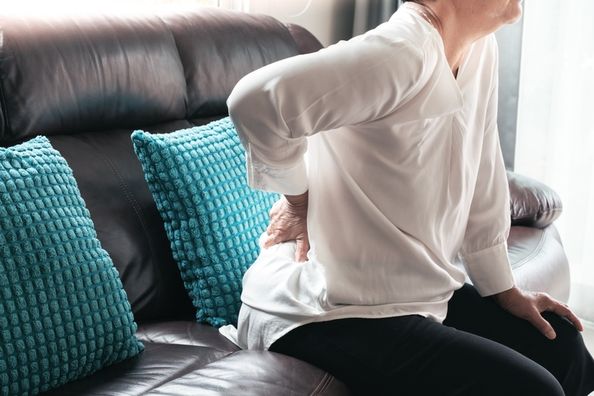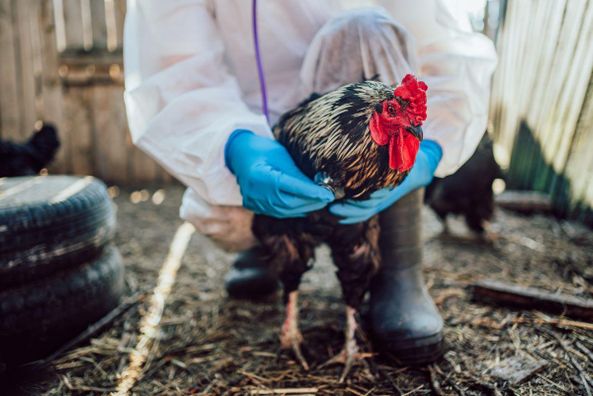Kidney stones are one of those medical conditions that you may hear about but don’t fully understand how they may affect you until you are experiencing them yourself. They are so painful that some people even compare passing a kidney stone to the pain of childbirth.
Below are five answers to commonly asked questions about kidney stones.
1. How common are kidney stones?
Kidney stones are more common than we think. In the United States alone, one out of every 10 people will develop kidney stones during their lifetime. Data shows that the prevalence of kidney stones has increased from 3 percent of the population in the 1970s to 5 percent in the 1990s and continues to grow.
2. What are the risk factors for kidney stones?
Certain jobs and lifestyles can increase the likelihood of developing kidney stones. Examples of occupations associated with high risk for kidney stones include office-based jobs, construction jobs, drivers, health care workers, and people who have limited access to water and bathrooms during the workday. Lifestyle factors associated with a high risk for kidney stones include inactivity, obesity, hypertension, diabetes, gastric bypass patients, and alcoholics.
Kidney stones are more common in men, Caucasians and overweight and obese people. People with kidney stones may also have underlying genetic or metabolic causes for developing kidney stones.
3. How does a kidney stone occur?
A kidney stone forms when materials such as calcium, oxalate or uric acid are at high levels in the urine. Stones can also form if these substances are at normal levels but the amount of urine made each day is low. The materials form crystals, which become weighted in the kidney and gradually increase in size, forming a kidney stone.
4. How can I prevent kidney stones?
Unfortunately, there is nothing that will guarantee that you will never develop a kidney stone, but there are things you can do to lower your risk.
The best preventive step is to make sure you are drinking enough fluids each day.
Try to stick to water or tea. Adjusting your diet to reduce sodium intake and animal proteins as well as eating fewer foods high in oxalates like spinach and nuts is helpful. Some recent research also suggests that the DASH diet, which is high in fruits and veggies and low in dairy and animal protein, may effectively decrease the risk of kidney stones.
5. How do I know I have a kidney stone?
The most common symptom of passing a kidney stone is pain; other symptoms include hematuria (blood in the urine), passing gravel, nausea, vomiting, pain with urination, and an urgent need to urinate.
Many patients with kidney stones have no symptoms, but that doesn’t make the stones benign. Kidney stones can cause worsening renal function and perhaps even cause permanent damage leading to chronic kidney disease, which could require dialysis.
6. How do doctors treat kidney stones?
Your urologist “surgeon” and nephrologist “kidney doctor” work together to diagnose kidney stones with imaging, blood and urine tests. Together they develop a strategy to remove the stones if necessary, and more importantly, get to the root causes of your kidney stones. Many stones will pass on their own, but other treatments or surgery may occasionally be required.
If you suspect you have a kidney stone, schedule with your primary care provider or walk into one of our Immediate Care Centers.
Health Topics:







